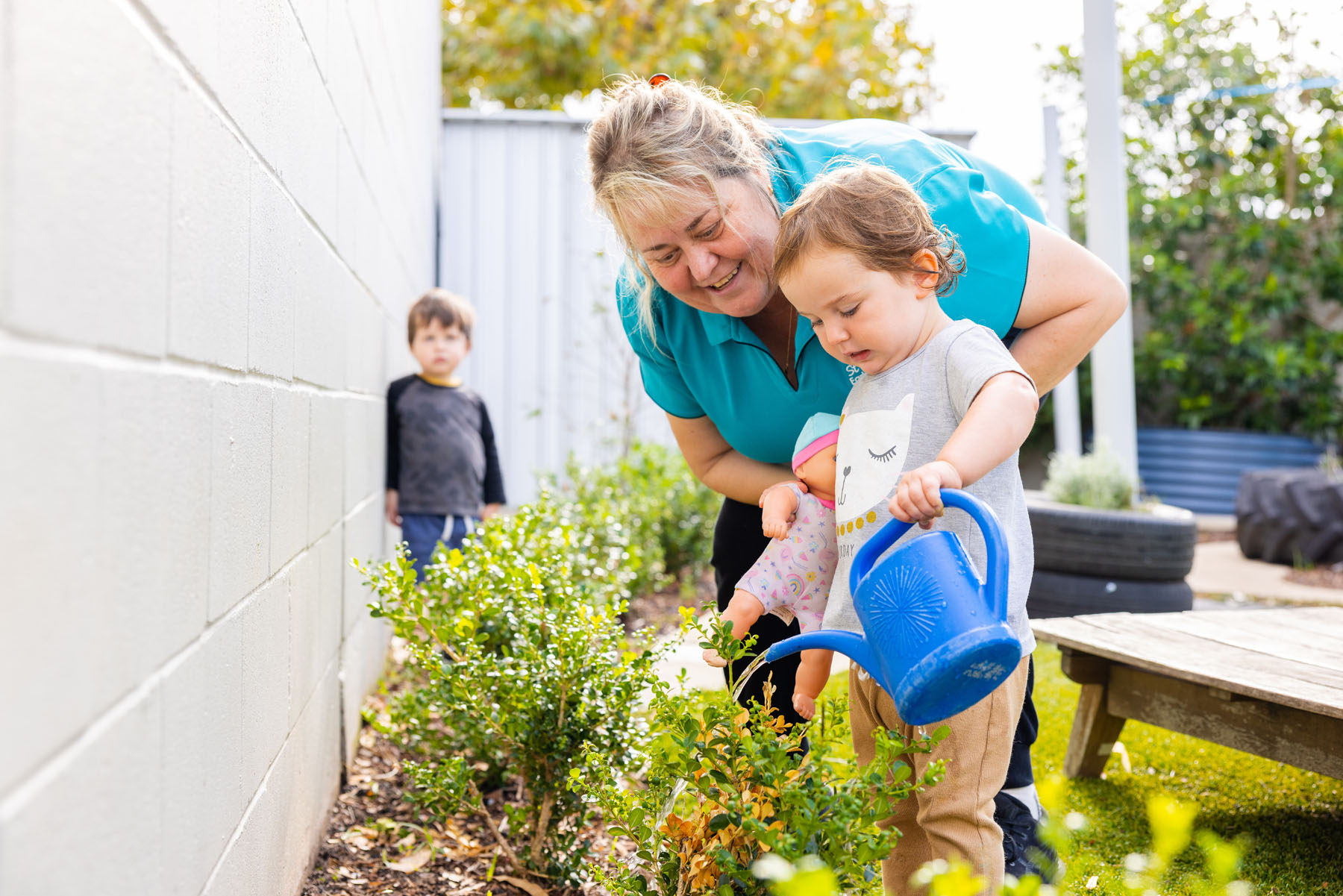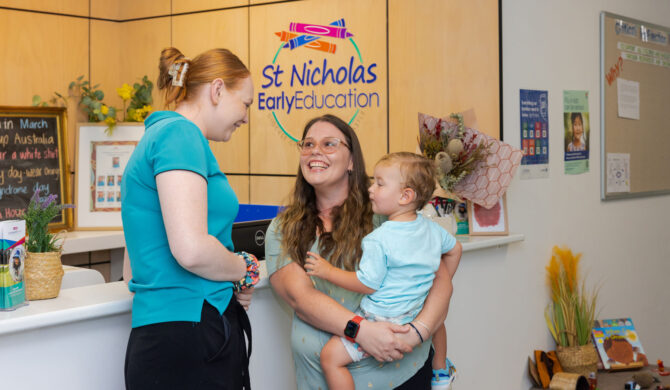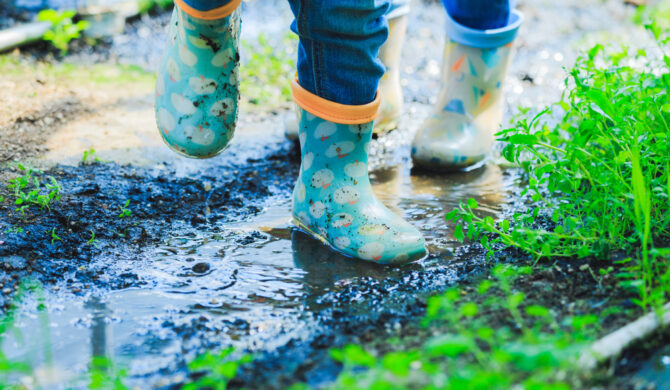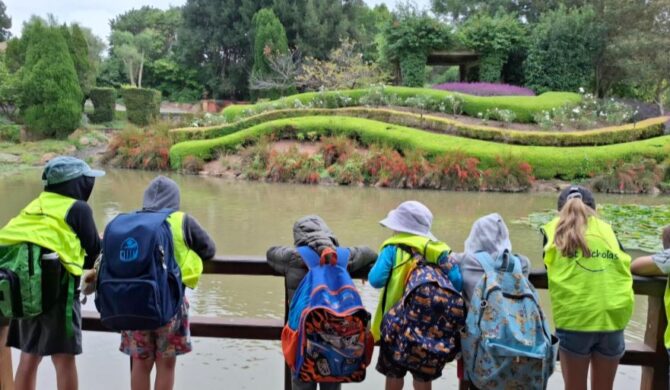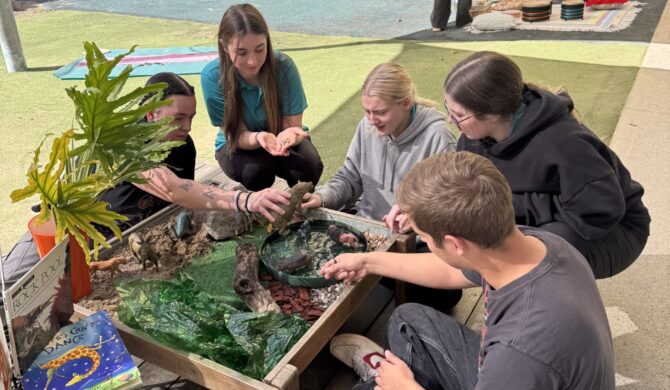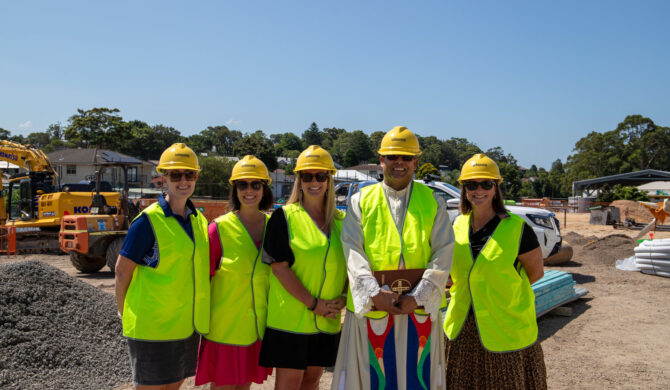The Early Years Learning Framework (EYLF), emphasises the importance of instilling a sustainable mind within children and growing their respect for the environment around them. In following the principles of the framework, educators can ground children in forming their understanding of their role within the world around them. These experiences guide children in being able to:
- Develop an appreciation for nature: as children explore the world around them, including the natural environment they can foster a sense of responsibility in preserving the natural elements of the world.
- Understand their impact on the environment: in sharing with children the principles of recycling, conserving water and planting trees, children can form an understanding of how to practically care for the environment fostering lifelong habits.
- Encourage curiosity and exploration: Earth Day encourages hands-on learning which can spark children’s curiosity about the natural world around them which can lead to a deeper interest in science.
- Promote responsibility and empathy: Learning about the human impact on the environment shows children the importance of taking care of the environment around them, promoting empathy towards preserving local wildlife and natural habitats.
How can you be sustainable at home?
Together, families and children can create a more sustainable household by:
- Opting for digital alternatives
- Cleaning up your community by picking up trash (wearing gloves is recommended)
- Cutting down on plastic consumption
- Using environmentally friendly cleaning products
- Ensuring that waste is correctly disposed of
- Switching to green power where applicable
- Reducing energy consumption by turning off lights and electricals when not in use
- Start composting to create a healthier garden
- Using reusable bags
- Choosing reusables utensils, drinkware, and crockery
- Supporting local farmers by buying fresh produce and groceries from them
- Embracing sustainable fashion by opting for eco-friendly clothing choices
- Conserving water by turning off taps when not in use
Resources:
The following resources have been engaged in the creation of this content:
- Earth Day: https://www.earthday.org/earth-day-tips/
- National Geographic for Kids: https://kids.nationalgeographic.com/celebrations/article/earth-day
- ACECQA Early Years Learning Framework for Australia: https://www.acecqa.gov.au/sites/default/files/2023-01/EYLF-2022-V2.0.pdf


